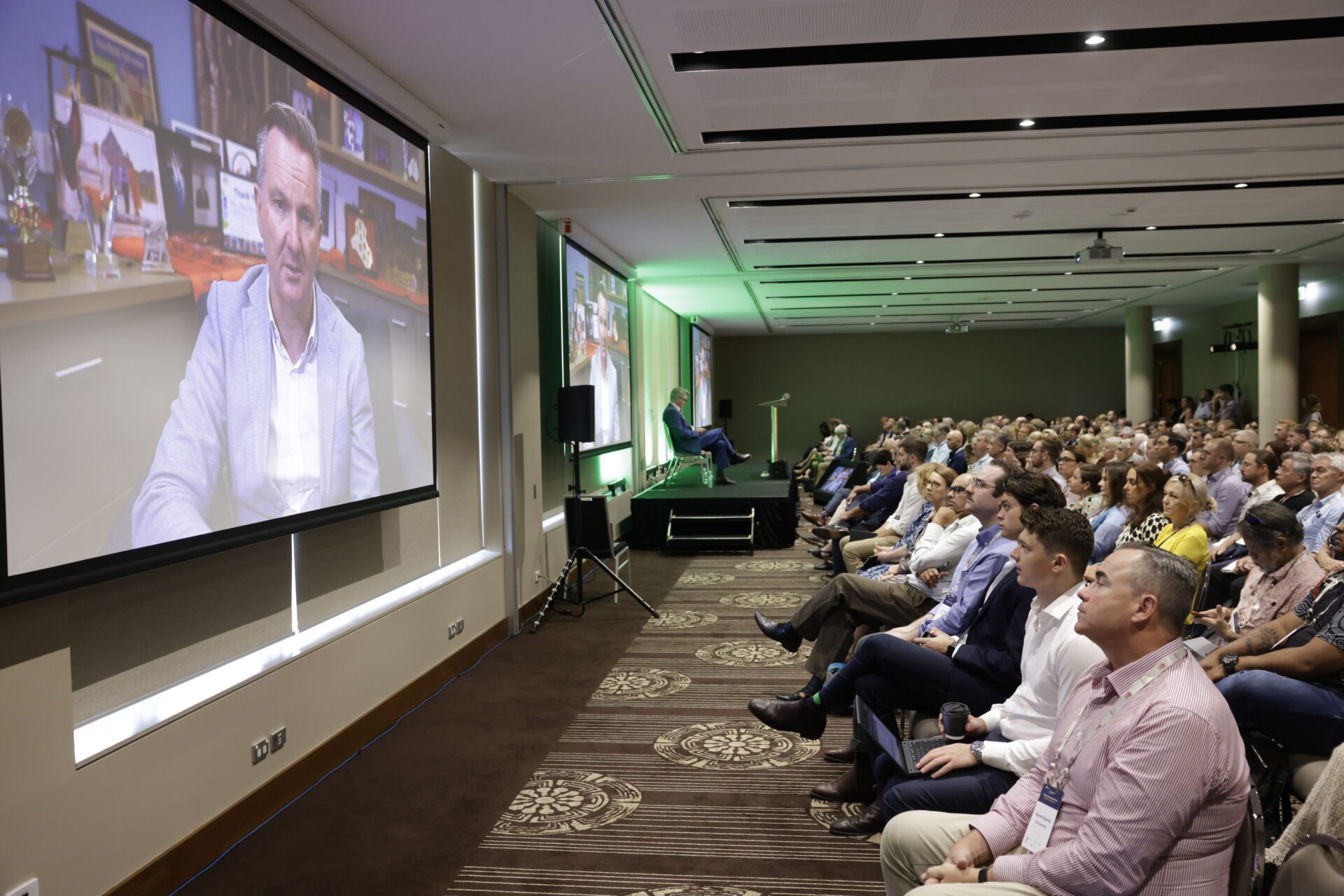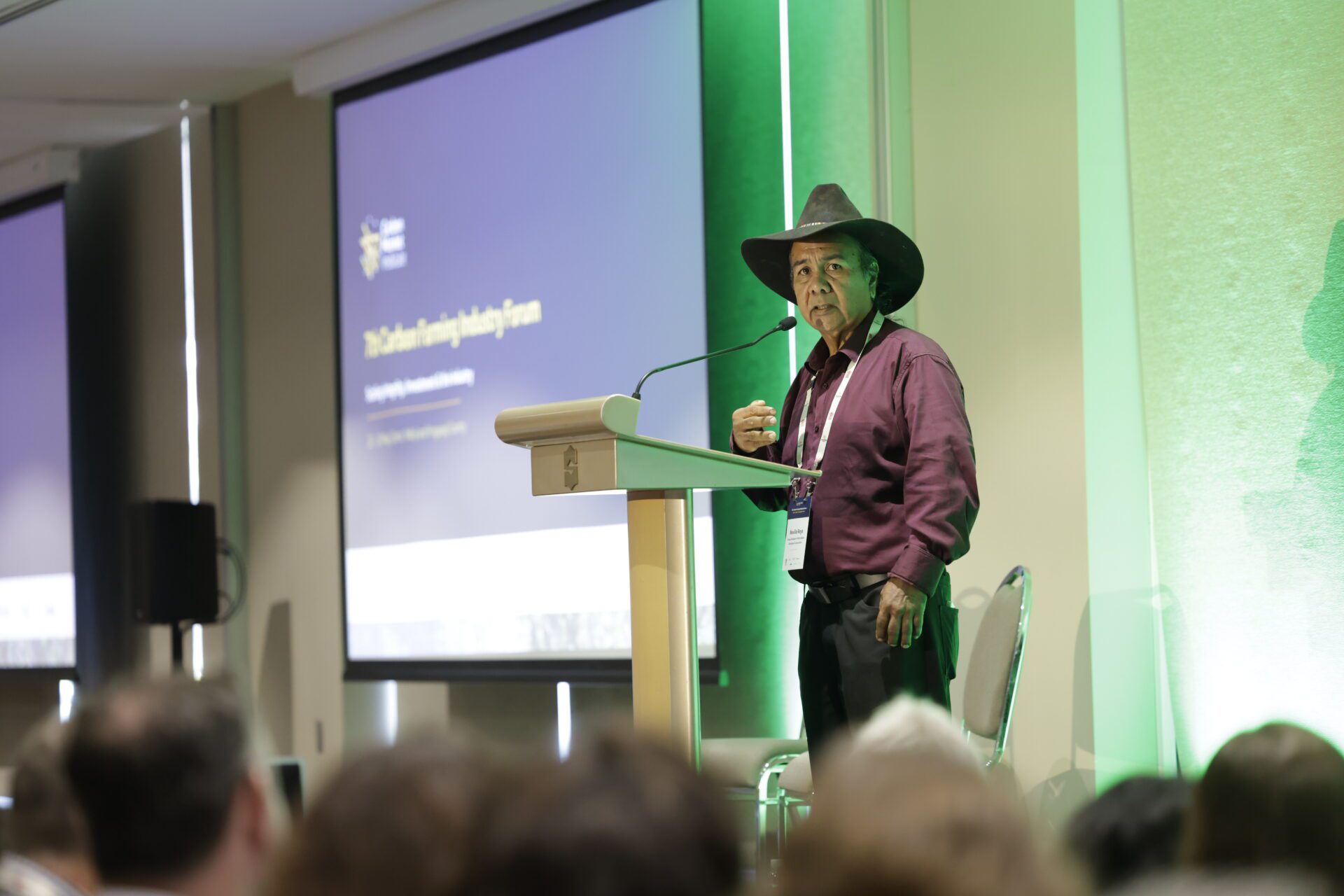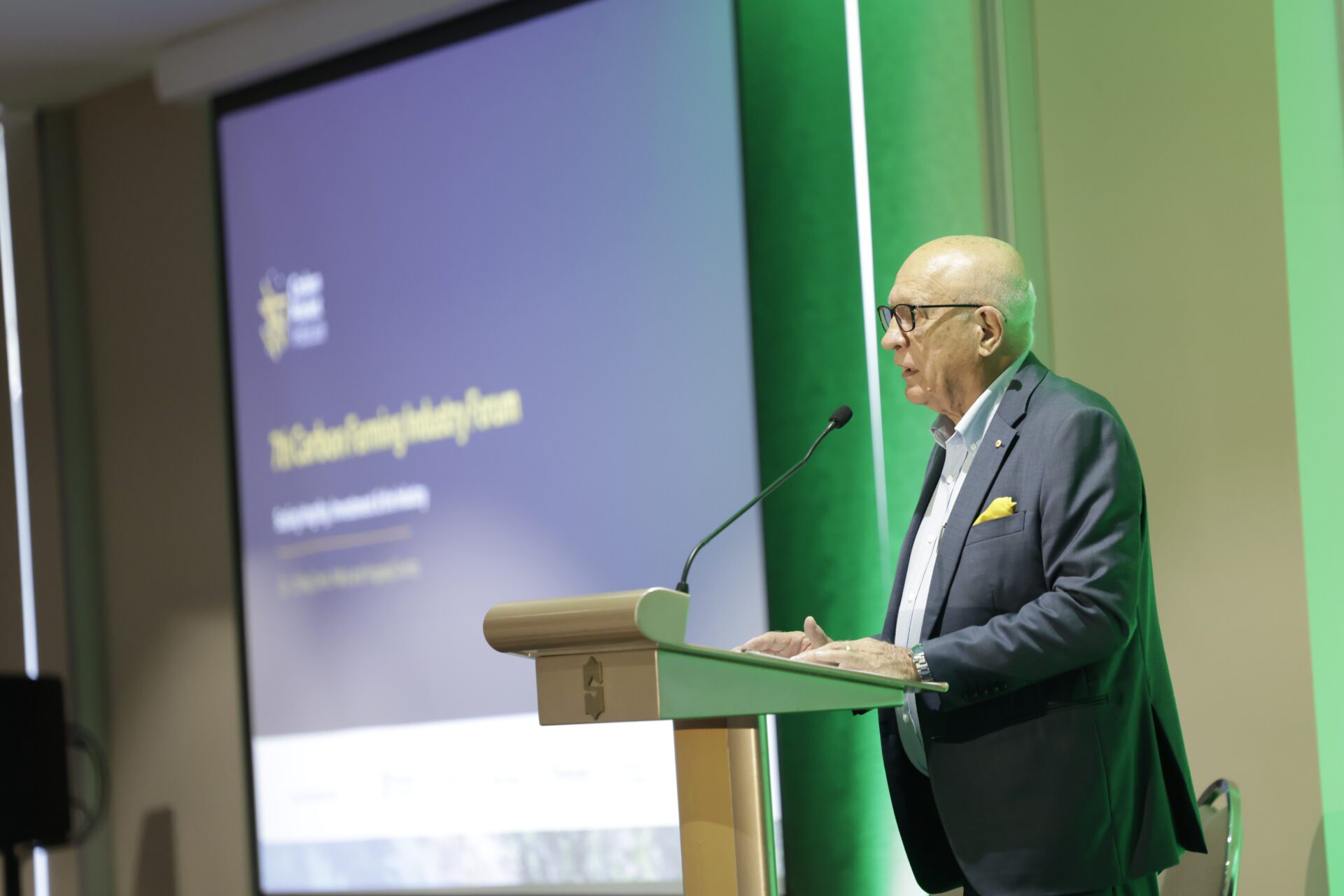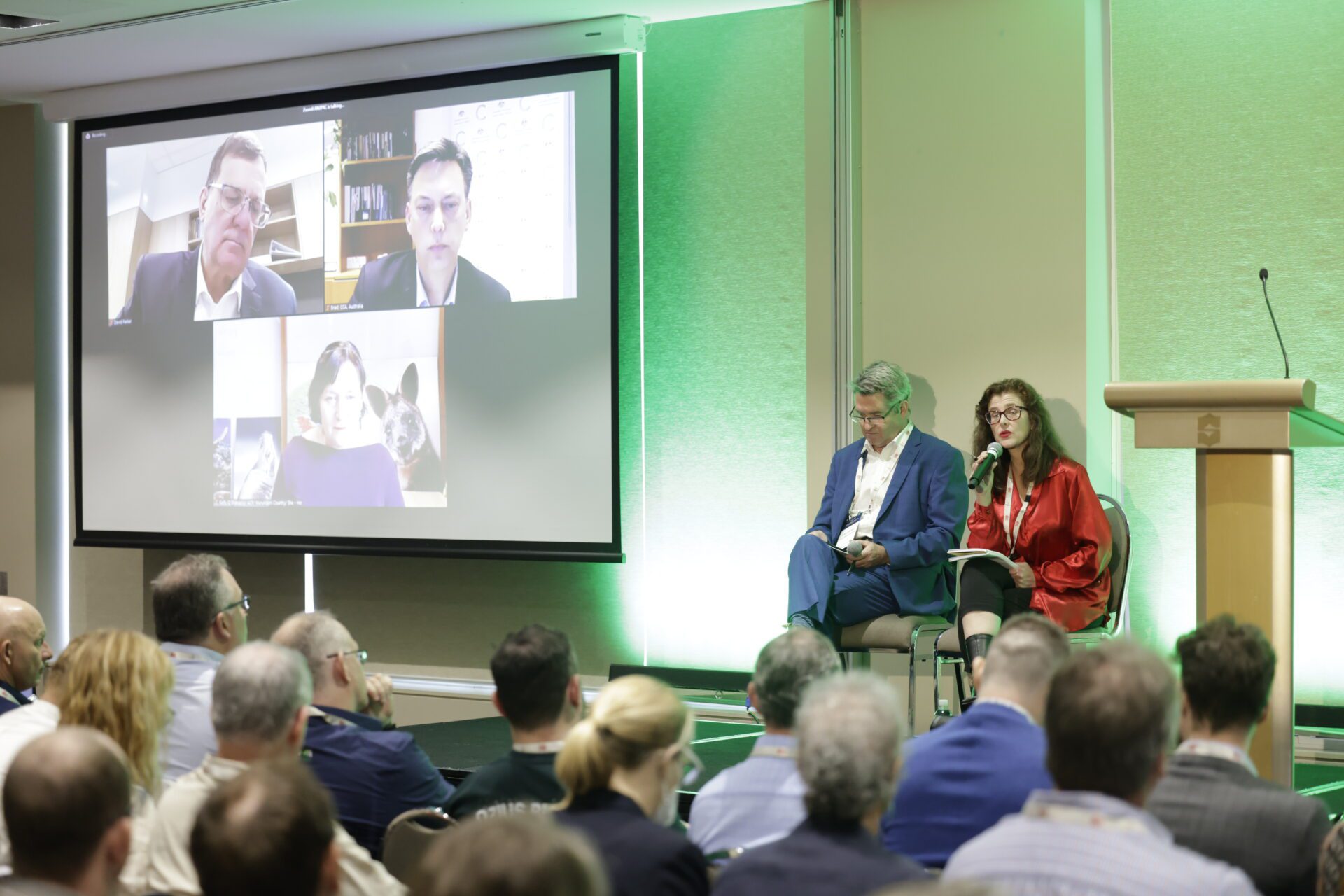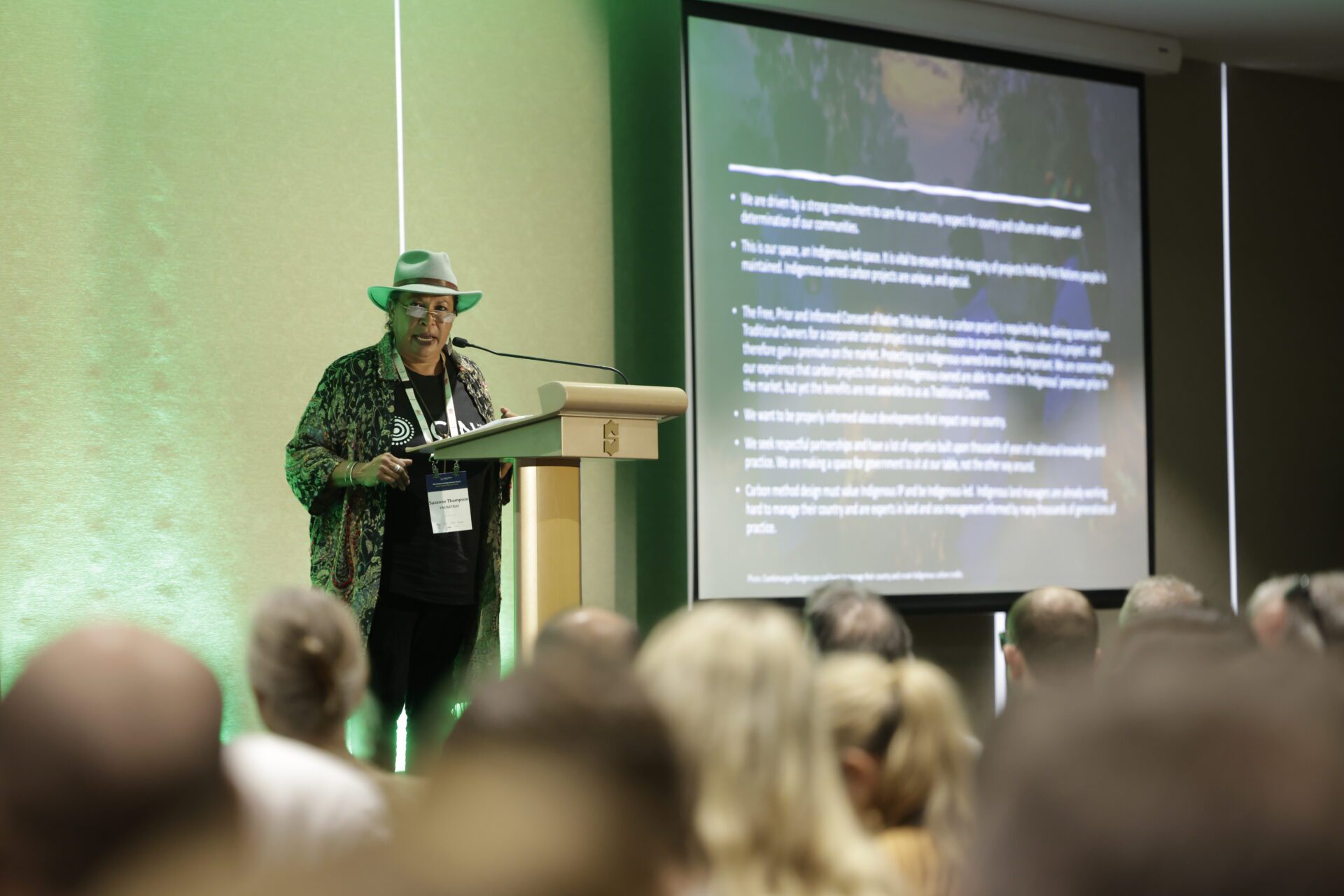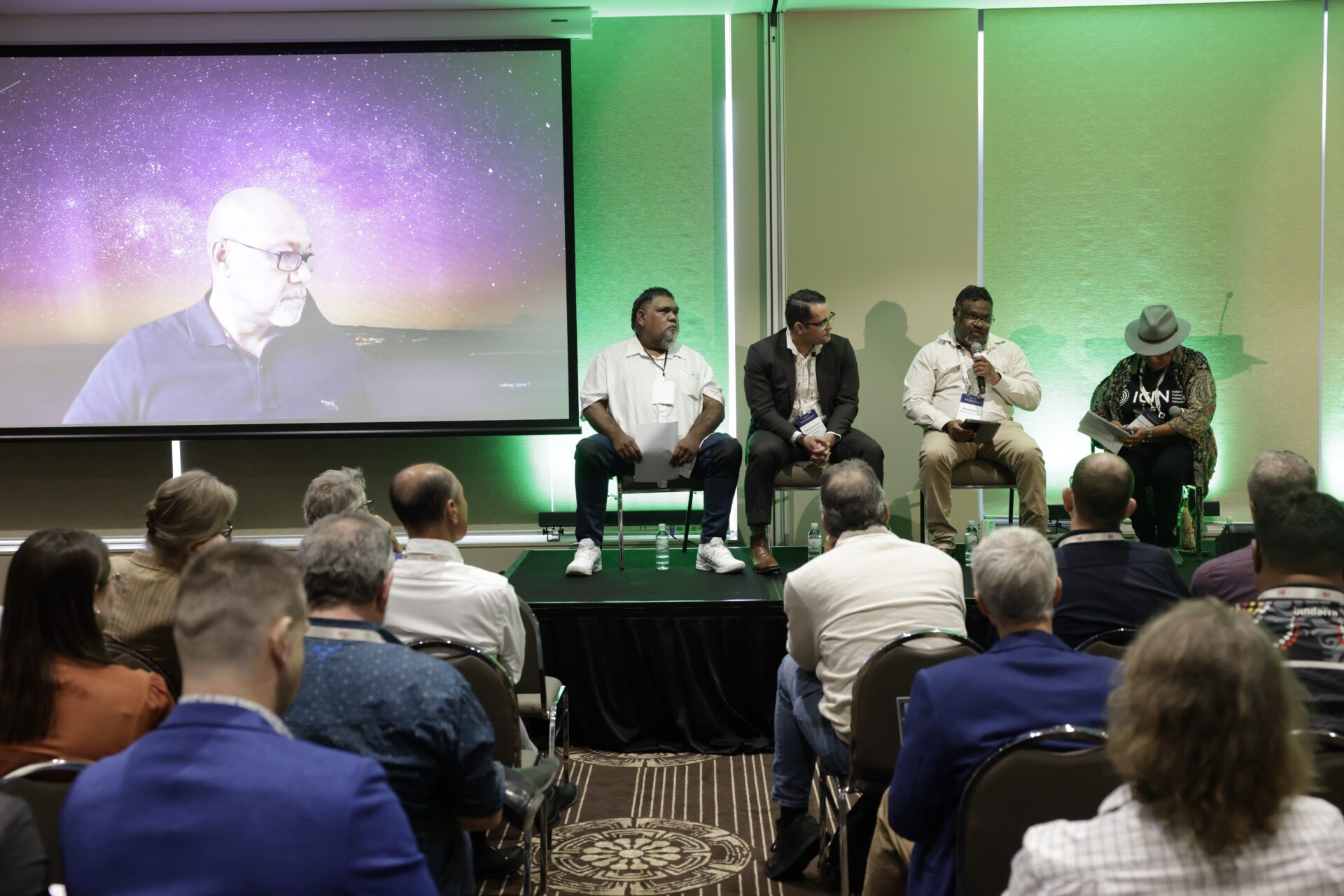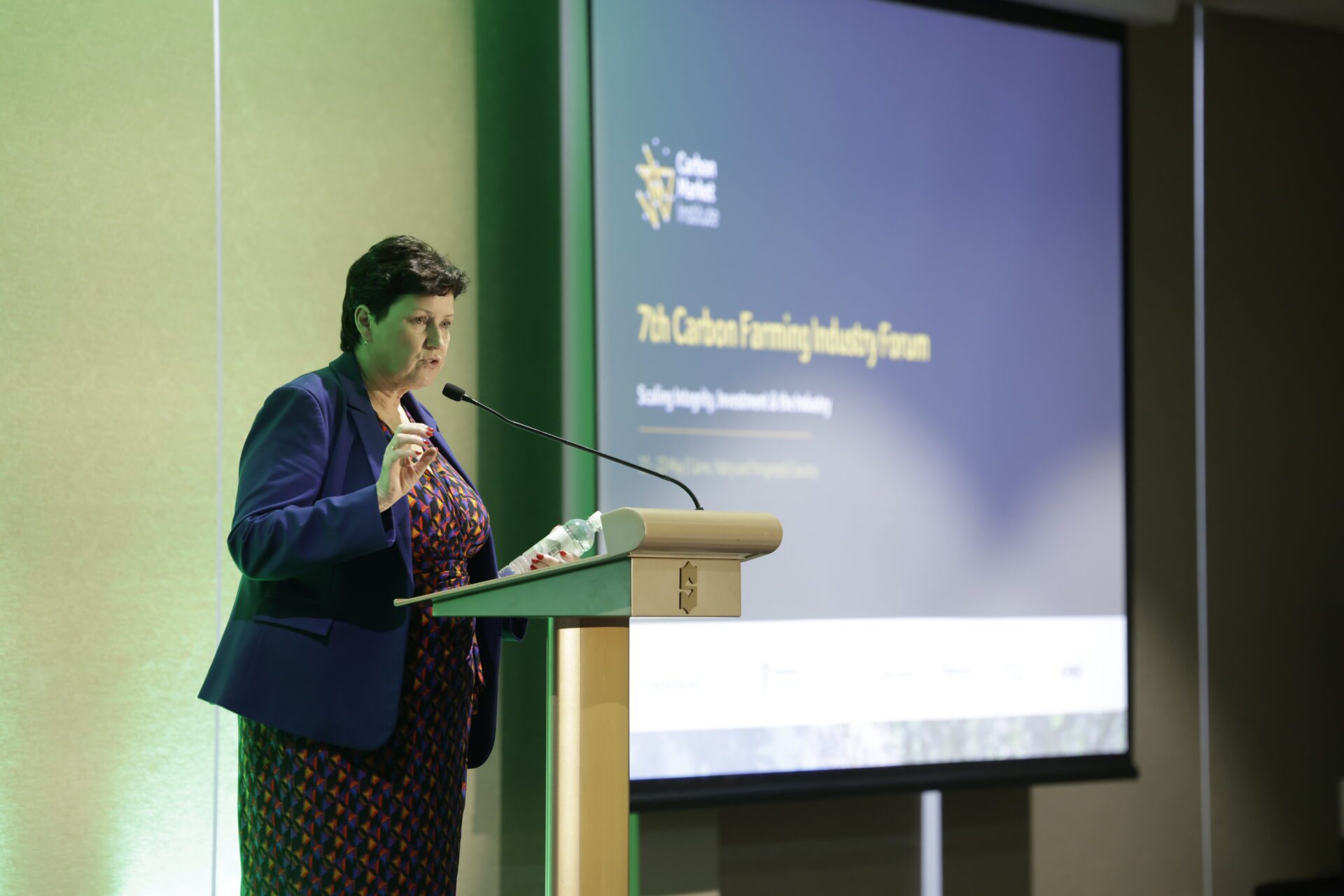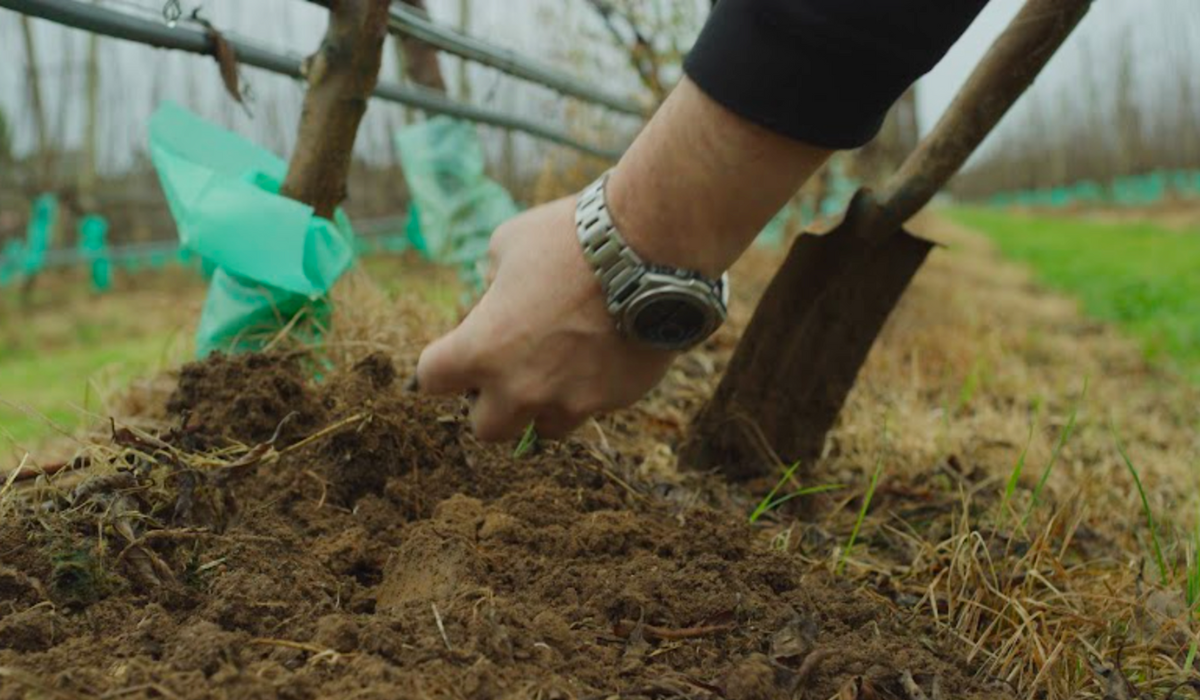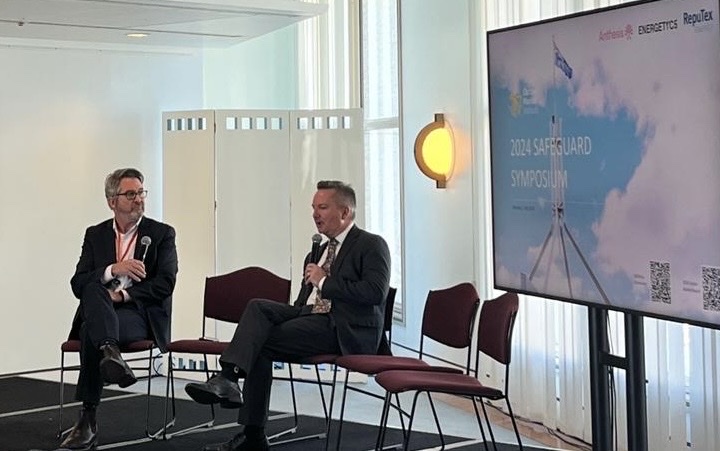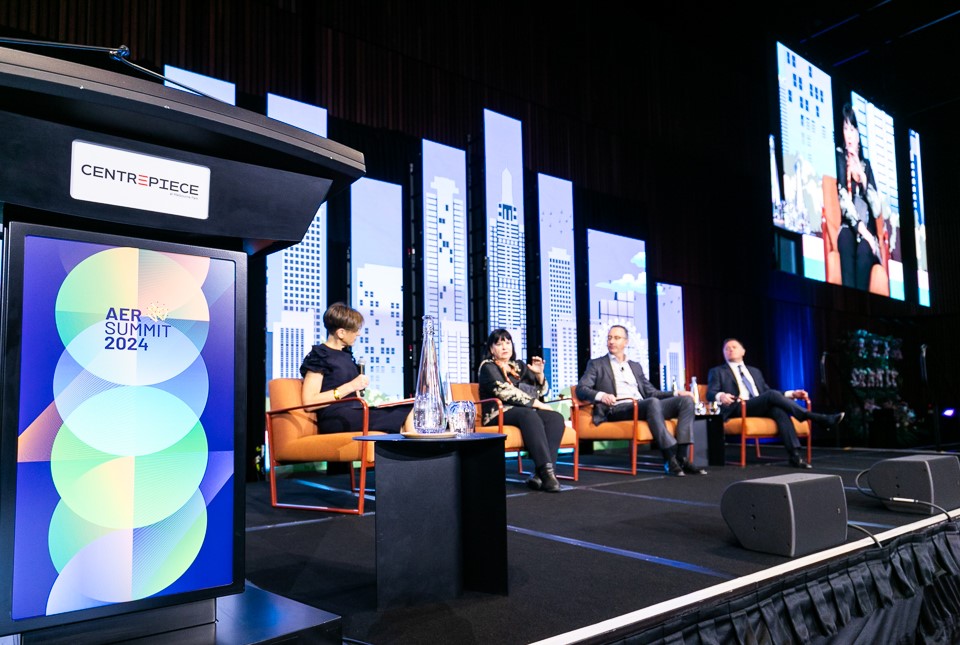Day 1 of the 7th Carbon Farming Industry Forum saw important and lively discussions amongst key stakeholders across both the supply and demand sides of the domestic carbon market. Monday’s sessions provided an important stocktake on the progress of Australia’s rapidly evolving carbon farming industry, highlighting the ongoing challenges of multi-dimensional integrity, indigenous engagement, data transparency, and diverse policy landscapes between state and federal jurisdictions. Day 2 promises more in-depth analyses of several of these issues.
“It really is crunchtime as these key reforms begin to undergo implementation. We must get integrity right, but we also need to be ready to maximise the benefits of these projects on the ground and at a scale,” said John Connor, CMI CEO.
“Central to this will be ongoing capacity building and on-ground engagement, including with our Indigenous carbon proponents and landholders, as well as regional communities. We have seen plenty of robust discussion amongst various stakeholder groups on Day 1 of the Forum, and we look forward to turning these discussions to the finer matter of progressing implementation on Day 2,” he said.
Key takeaways from Day 1:
- Following their own National Indigenous Carbon Forum last week, the Indigenous Carbon Industry Network (ICIN) released a statement of key takeaways from the event, and then led an important discussion best practice engagement with Indigenous stakeholders. The ICIN statement sought to highlight the unique, and invaluable contribution that Indigenous stakeholders have to make in the carbon farming space. Participants emphasised their desire to engage in carbon projects, but on their own terms with respect for their culturally innate knowledge and experience.
- The release of the second Carbon Farming Scorecard, produced by CMI in conjunction with Research Partner KPMG. The Scorecard revealed broad progress across several Australian jurisdictions, with the Federal Government, Western Australia, New South Wales and South Australia seeing the biggest improvements. The report also revealed major differences in the level and nature of support for carbon farming and its role in recognising and delivering Indigenous, social, environmental and economic co-benefits for regional communities.
- Climate Change Minister the Hon. Chris Bowen provided an update on the $20 million Carbon Farming Outreach Program, which will help landowners gain independent advice on carbon farming. Minister Bowen also commented on the Government’s ongoing work in implementing the recommendations of the Independent Review into ACCUs. This was further acknowledged by representatives from the Department of Climate Change, Energy, the Environment and Water (DCCEEW) who announced that they will be launching an extensive cross-country consultation process with carbon chain stakeholders on the Review implementation.
- Key regulators provided a briefing on progress in Australia’s carbon market. The Clean Energy Regulator chief executive David Parker signalled that the regulator would release long-awaited project Carbon Estimation Area (CEA) data next week, while DCCEEW provided an update on recruitment for the Carbon Abatement Integrity Committee (CAIC) and the Climate Change Authority canvassed views on four key policy developments.
- Western Australian Minister for Agriculture and Food, Forestry, and Small Business the Hon. Jackie Jarvis MLC used a keynote address to announce that the Western Australian Government has formally joined the CMI-administered Australian Carbon Industry Code of Conduct. Minister Jarvis noted the substantial contribution that the carbon farming sector can make to the Western Australian economy, while noting the important role of Code of Conduct in upholding behavioural integrity.
Access the Media Kit for the Carbon Farming Forum here.
Today’s Carbon Farming Scorecard report here.
About the Carbon Market Institute
The Carbon Market Institute (CMI) is a member-based institute accelerating the transition towards a negative emissions, nature positive world. It champions best practice in carbon markets and climate policy, and its over 150 members include primary producers, carbon project developers, Indigenous organisations, legal, technology and advisory services, insurers, banks, investors, corporate entities and emission intensive industries. The positions put forward constitute CMI’s independent view and do not purport to represent any CMI individual, member company, or industry sector.
For further information, contact Thomas Hann on 0408 880 536 or thomas.hann@carbonmarketinstitute.org

